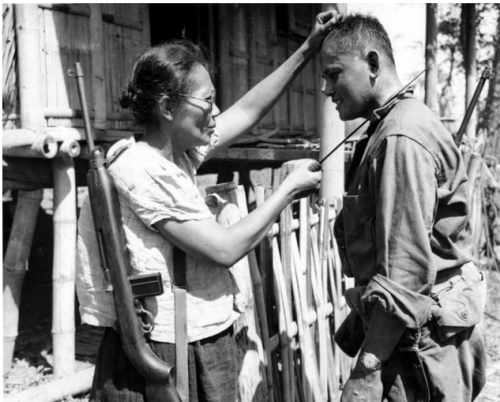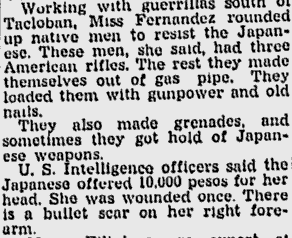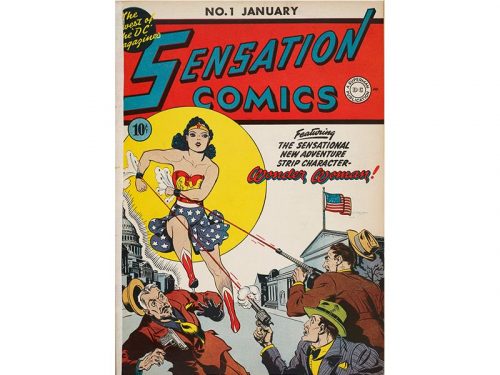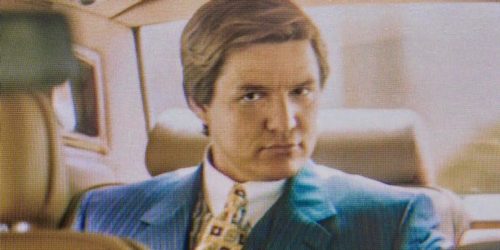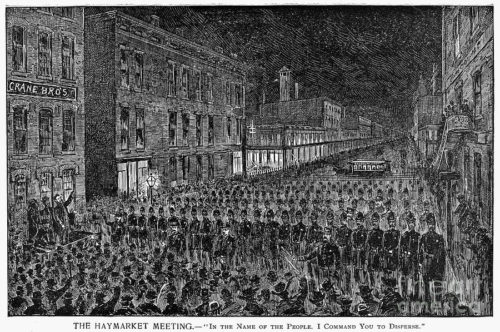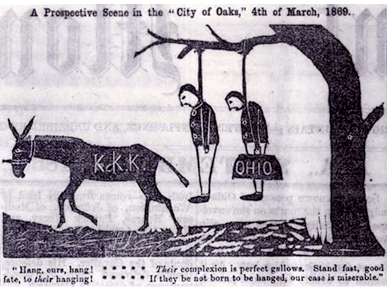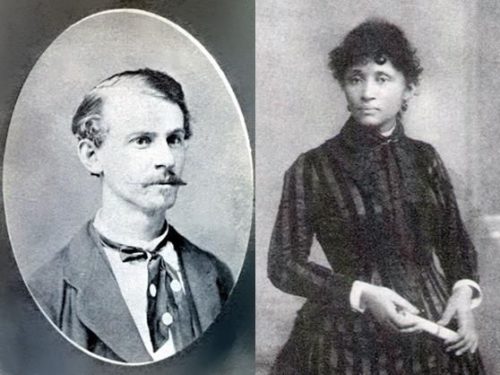In January of 2017 Facebook announced a “pledge” to visit 50 states of America in person “to learn how people live“.
It sounds like an unintentional self-own — a thorough condemnation of Facebook — by saying software doesn’t work at all and physical contact is the best way to learn.
In other words a social behavior platform is so utterly disconnected from reality of how people live its CEO has to announce a better way is to visit people in order to learn from them?
It doesn’t make sense at all because… it’s a lie.
Facebook’s CEO wasn’t really taking a step outside his high-security anti-social guarded compound to visit actual people to understand real social behavior.
Nope.
He was clumsily hinting at a plan to conquer and displace leadership in a new target/expansion area: Replace Church (e.g. use centralized tactics to draw people away from their local faith and community and towards worship/like of Facebook-controlled groups instead).
A local community-based faith in God is seen as competition by the CEO of Facebook, who since his Harvard student days has openly sought ways to manipulate the public into giving him control over their “likes”.
There was foreshadowing, to be fair, from the sort of enlightened place you may expect.
Howard University pulled the alarm way back in 2011, when Ronald Hopson (associate professor of psychology and divinity) signaled “Facebook Can’t Replace Church”.
As long as we are sentient beings, we will require direct contact as a principal mode of interaction. […] Electronic bits may prove inadequate to convey the same rich experience of encounter. Ultimately, virtual gatherings will not be enough.
Ok now fast-forward from that early 2017 “pledge” and notice headlines from local religious leaders reflecting on the awkward in-person visit from Facebook’s leader.
Zuckerberg himself started admitting Churches were foremost on his chopping-block, using extremely ignorant and tone-deaf logic to boot.
“A church doesn’t just come together by itself,” Zuckerberg said. “It has a pastor who looks out for the well-being of the congregation. And if someone hits hard times, they’re in charge of making sure that people have the food and shelter they need. A Little League team has a coach who motivates the kids and helps teach them how to hit better. Leaders set the culture, they inspire us, they motivate us, they give us a safety net and they take care of us.” Zuckerberg said Facebook’s artificial intelligence algorithm can power the website to more effectively organize online communities…
I could probably write a whole book about why the Facebook CEO is so egregiously wrong (and technically I am), but let me just point out some high-level failures that make him sound so evil:
- A church absolutely can form BY ITSELF and not owe itself to one individual. I can’t believe I have to say this. The definition of church is literally a gathering of people who share faith, almost like an instinct to get together for safety. So right off the bat the Facebook argument is a bunch of self-serving disinformation.
- The etymology of “pastor” (considered a leader in some Protestant Churches, not to be confused with Al Pastor) is someone who cares for a flock of sheep. Do sheep flock if they don’t have a pastor? Duh. Of course they do. “Sheep have a strong flocking instinct. They feel safer when gathered together.”
- More importantly, if a flock has a leader what would disrupt this status? I mean can a pastor be “unholy” for example? NO, by definition a pastor must be selfless and devoted to service a greater good. (e.g. Facebook could NEVER take the role of a pastor because by definition they are entirely selfish). The true pastor keeps patience while blameless (remains holy), whereas Facebook tells everyone to “fail faster” and act irresponsibly (sins excessively) — two literal opposite ends in morality.
- From there you hopefully can see the giant misstep in Zuckerberg saying “they’re in charge of making sure that people have the food and shelter they need” as if a pastor is supposed to control “needs” from his bank account with special contractors on speed-dial to build compounds… as if some kind of Koresh cult.
- Indeed, notice how the list of “leader” qualities has things like “set the culture” and “take care of us”. Instead of the normal “teach a man to fish” line that most real leaders would recognize, this is like reading evil leadership tips like “if you give a man a fish you can inspire and motivate him to do what you want”.
This is on top of the fact that Zuckerberg equates a decline in Church membership to a lack of “sense of purpose and community”.
That’s just wrong. So wrong.
Consider for example that his own point — people leaving Church find a new sense of purpose and community elsewhere — completely contradicts himself.
If people leaving Church are the same thing as people having no sense of purpose and community, then Facebook can’t be the answer!
So I really don’t see all that much difference between Zuckerberg’s claim that he has a limited understanding how people really live, and his desire to be their “leader” by telling them how to live by falsely claiming to have a safety net in mind (while in fact trying to become a monopoly, like a cult they can’t escape from).
Zuckerberg has built little more than a big greed machine ignorant of history. Dostoyevsky wrote about this over 100 years ago in Brothers Karamazov, as Tweeted recently by Tom Simonite:
Some claim that the world is gradually becoming united, that it will grow into a brotherly community as distances shrink and ideas are transmitted through the air. Alas, you must not believe that men can be united in this way. To consider freedom as directly dependent on the number of man’s requirements and the extent of their immediate satisfaction shows a twisted understanding of human nature, for such an interpretation only breeds in men a multitude of senseless, stupid desires and habits and endless preposterous inventions. People are more and more moved by envy now, by the desire to satisfy their material greed and by vanity.
Oh, and in terms of leaders “taking care” of their flock when big data is involved?
Federal Bureau of Investigation files show that just over a year after L. Ron Hubbard created the the Hubbard Dianetic Research Foundation, a precursor to the Church of Scientology, he offered to become an informant for the Bureau, and provide the FBI with a list of its members and copies of their fingerprints.
Think in terms of Zuckerberg rushing in to attract people leaving Churches in the same way as Hubbard built his empire of weird cult behavior; create slavish fealty for profit while selling-out adherents on a constant surveillance platform.
The “learn how people live” operation from Facebook seems based on far more sinister intent than people realize. It will be unfortunate for anyone who really allows this CEO into their lives.

